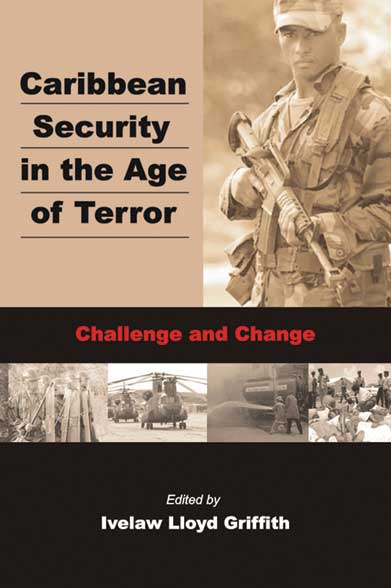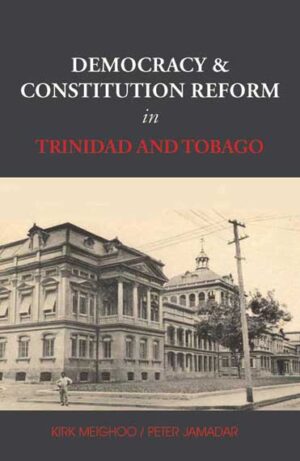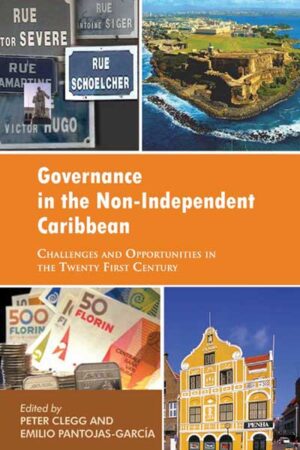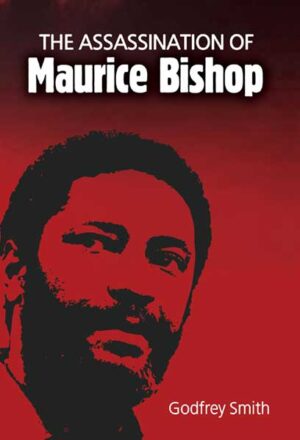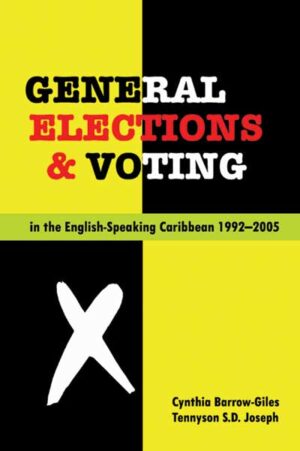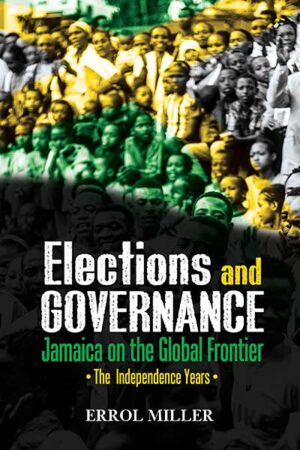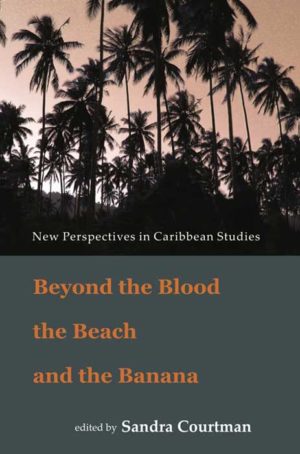Description
The security issues which have come into prominence since the September 11 terrorist attack in the USA provide both the starting point and the focus for this comprehensive survey of contemporary security issues in the Caribbean. This volume assesses the impact of the 9/11 terrorist attack on Caribbean states and examines the institutional and operational terrorism response capacity of security agencies in the region. However, understanding security challenge and change in the Caribbean context requires a broad-based multidimensional approach; terrorism for the small, open and vulnerable nation states of the Caribbean region is a real security issue but even more so, is a range of nontraditional threats like crime, drug trafficking, territorial disputes, environmental degradation and the rapid spread of the HIV/AIDS epidemic. How these states adapt policies and practices to adjust to the new regional and global circumstances represent the challenge and the change.
Professor Griffith has sought the contributions from an impressive array of academics, policy-makers and frontline security practitioners from the Caribbean, Canada, Europe and the USA, and has himself developed a new and path-breaking conceptual approach to security called the Discrete Multidimensional Security Framework.
Among the other outstanding features of this volume is a comprehensive listing of the border and territorial disputes in the Caribbean Basin with a summary of the status of each dispute and over 90 tables, figures and maps.
About the Author
Ivelaw Lloyd Griffith is Professor of Political Science and Provost and Senior Vice President for Academic Affairs at York College of The City University of New York. A former Dean of the Honors College, Florida International University, his previous publications include The Political Economy of Drugs in the Caribbean 2000; Drugs and Security in the Caribbean: Sovereignty Under Siege (1997); Democracy and Human Rights in the Caribbean (1997); Caribbean Security on the Eve of the Twenty-First Century (1996); The Quest for Security in the Caribbean: Problems and Promises of Subordinate States (1993); and Strategy and Security in the Caribbean (1991).
Contents
Table and Figures
Acronyms and Abbreviations
Foreword – Kenneth O. Hall
Preface and Acknowledgements
Introduction: Understanding Reality, Interpreting Change – Ivelaw L. Griffith
Part I: Conceptions and Contentions
- Probing Security Challenge and Change in the Caribbean – Ivelaw L. Griffith
- Security, Terrorism and International Law: A Skeptical Comment – Stephen Vasciannie
Part II: The Traditional Security Scenario
- Territorial Disputes and Regional Security in the Caribbean Basin – Raymond J. Milefsky
- A Portrait of Crime in the Caribbean: Realities and Challenges – Ramesh Deosaran
- The Challenge of the Corruption−Violence Connection – Anthony P. Maingot
Part III: The Non-traditional Security Scenario
-
- The Menace of Drugs – Trevor Munroe
- Globalisation and Economic Vulnerability: The Caribbean and the ‘Post 9/11 Shift’ – Emilio Pantojas-García and Thomas Klak
- The Environmental Security Challenge – Jeremy Collymore and Elizabeth Riley
- The Caribbean, HIV/AIDS and Security – Caroline Allen, Roger McLean, and Keith Nurse
Part IV 9/11: Regional and International Impact
-
- United States-Caribbean Relations: The Impact of 9/11 – Dorith Grant-Wisdom
- Caribbean-European Relations: Did 9/11 Make a Difference? – Peter Clegg
- Agenda Setting and Regionalism in the Greater Caribbean: Responses to 9/11 – Norman Girvan
-
- Economic and Trade Impact of 9/11 – Ransford W. Palmer
- The Impact of 9/11 on Migration Relations Between the Caribbean and the United States – Christopher Mitchell
Part V: Coping with Terrorism
- Coping with 9/11: State and Civil Society Responses – Isabel Jaramillo Edwards
-
- The Anti-terrorism Capacity of Caribbean Security Forces – Colvin Bishop and Oral Khan
- Hemispheric Response to Terrorism: A Call for Action – John Cope and Janie Hulse
- The Caribbean on the World Scene:Security Regimes, Instruments, and Actions – W. Andy Knight
Part VI: Regional Coping Strategies Beyond Terrorism
- Regional Security Cooperation: Traditional and Non-traditional Areas – Edmund Dillon
- Regional Law Enforcement Strategies in the Caribbean – Clifford E. Griffin
- Conclusion: Contending with Challenge, Coping with Change – Ivelaw L. Griffith
Reviews
“This is a truly original and timely collection… Whilst focused on the Caribbean and terrorism, it has a relevance and resonance beyond both and should be widely read throughout and outside the hemisphere.”
Timothy Shaw, Director, Institute of Commonwealth Studies, University of London.
“The trauma of September 11 has evoked more fear than careful analysis. Ivelaw Griffith has assembled a diverse group to correct this imbalance and assess rigorously the implications of this new ‘age of terror’ for the Caribbean.”
Robert Pastor, vice-president of International Affairs, The American University, Washington D.C.
“This book offers an extraordinary contribution to the understanding of the multidimensional character of security. Griffith provides a framework for assessing the essence of these vulnerabilities, both domestic and international.”
Francisco Rojas-Aravena, director, Facultad Latino Americana de Ciencias Sociales, Chile.
“Conceptually thoughtful, immensely wide-ranging, as up-to-date as can be expected. This new book is the place to look to understand the security dimension of contemporary Caribbean politics and international relations.”
Anthony Payne, professor of politics, University of Sheffield, UK.

